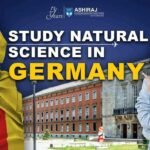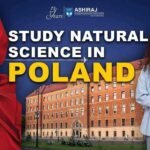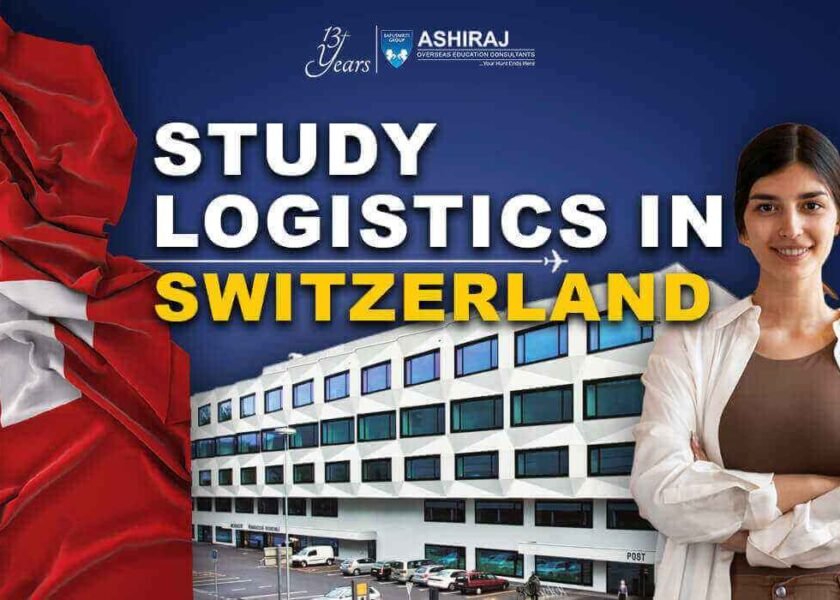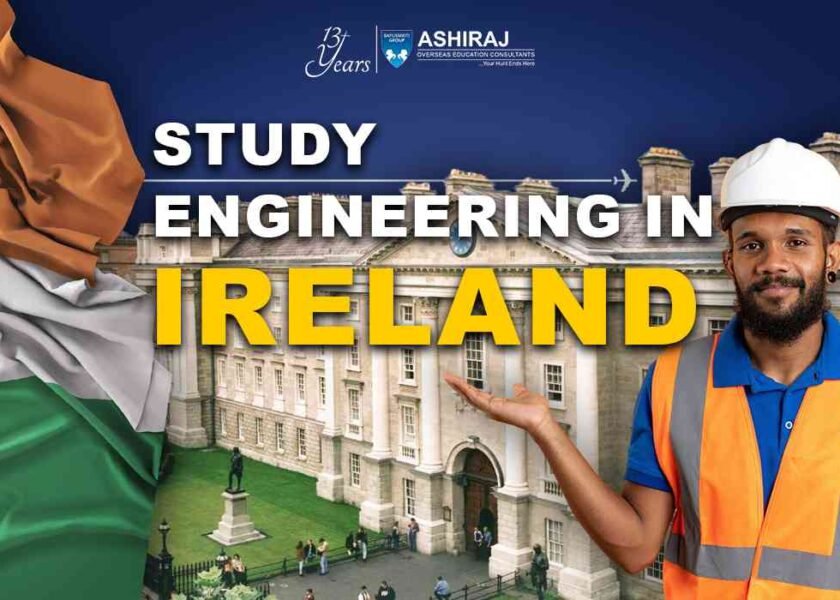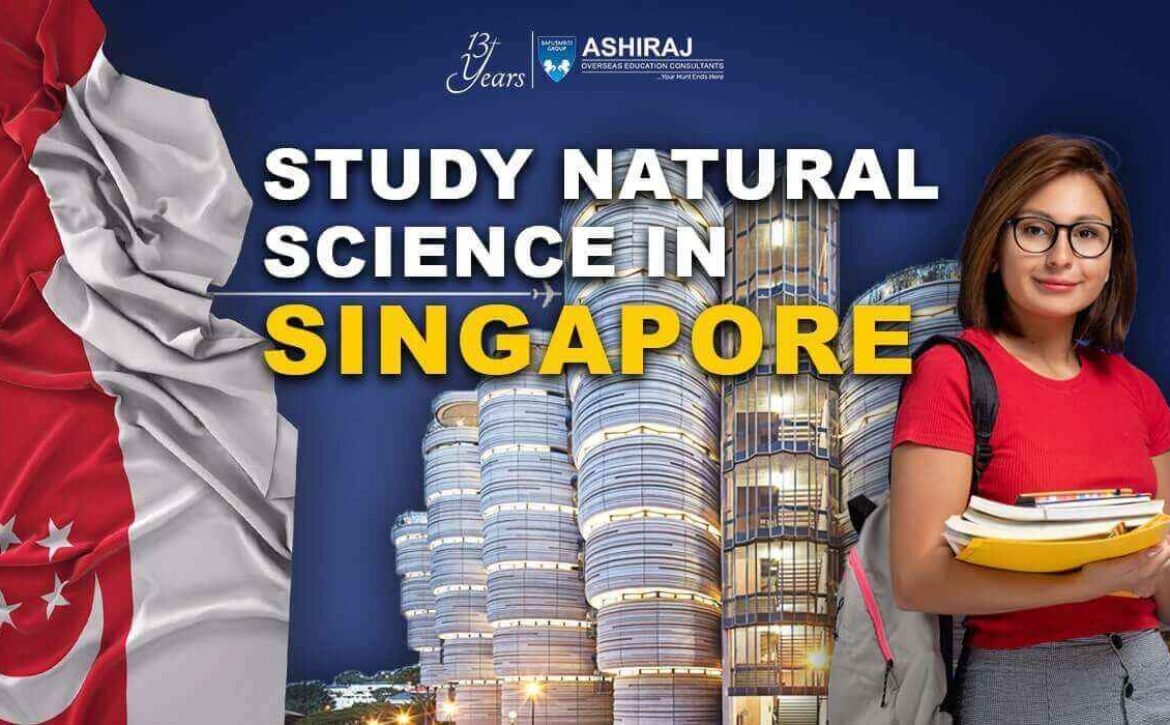
Natural Science in Singapore
Welcome to the dynamic realm of Natural Science in Singapore, where innovation and precision converge to unravel the mysteries of the natural world. Nestled in the heart of Southeast Asia, Singapore boasts a thriving scientific landscape that seamlessly blends cutting-edge research with a deep respect for the environment. From the lush greenery of the Botanic Gardens to state-of-the-art laboratories at renowned institutions, the island nation is a crucible for scientific discovery. Natural Science in Singapore encompasses a diverse array of disciplines, from environmental science and biodiversity studies to advanced biotechnology and sustainable practices.
In the rich tapestry of Singapore’s scientific community, interdisciplinary collaborations flourish, fostering a holistic approach to understanding and preserving the natural world. The city-state’s commitment to excellence in research is mirrored in its eco-conscious policies and initiatives. As we delve into the intricacies of Natural Science in Singapore, we embark on a journey that transcends boundaries, driven by a passion to unravel the secrets that bind us to the extraordinary tapestry of the natural universe.
Why to Study Natural Science in Singapore?
- Cutting-edge Research Opportunities: Singapore is a hub of scientific innovation, providing students with access to state-of-the-art laboratories and research facilities. The emphasis on cutting-edge research ensures that scholars are at the forefront of scientific advancements.
- Diverse Disciplinary Exposure: The Natural Science landscape in Singapore is diverse, encompassing fields such as environmental science, biotechnology, and biodiversity studies. This diversity allows students to explore various facets of the natural world and tailor their studies to their interests.
- Global Recognition of Institutions: Singaporean universities are globally recognized for their academic excellence. Degrees obtained in Natural Science from institutions like the National University of Singapore (NUS) carry weight on the international stage, opening doors to global opportunities.
- Eco-friendly Initiatives: Singapore’s commitment to sustainability is evident in its eco-friendly initiatives. Studying Natural Science here provides students with a unique perspective on how science can contribute to environmental conservation and sustainable practices.
- Cultural Diversity and Networking: Singapore’s cosmopolitan environment fosters cultural diversity and provides students with opportunities to build international networks. Exposure to different perspectives enhances the overall learning experience.
In conclusion, choosing to study Natural Science in Singapore not only offers top-notch academic resources but also immerses students in a dynamic and forward-thinking scientific community, making it an ideal destination for aspiring scientists and researchers.
Top Universities to Study Natural Science in Singapore
Rank | University | QS World University Ranking 2023 | Type of University | Average Annual Fees (SGD) | Programs Offered |
1 | National University of Singapore | 11 | Public | $9,000 – $15,000 | Environmental Science, Life Sciences, Biotechnology |
2 | Nanyang Technological University | 13 | Public | $8,000 – $14,000 | Chemistry, Physics, Biological Sciences |
3 | Singapore Management University | 58 | Public | $11,000 – $20,000 | Data Science, Applied Mathematics, Environmental Management |
4 | Singapore University of Technology and Design | 103 | Public | $10,000 – $18,000 | Sustainable Infrastructure Engineering, Engineering Systems and Design, Environmental Engineering |
5 | James Cook University Singapore | Not Ranked | Private | $15,000 – $25,000 | Marine Biology, Environmental Management, Applied Physics |
When considering Natural Science in Singapore, the choice of university plays a pivotal role in shaping one’s academic journey. The National University of Singapore (NUS) and Nanyang Technological University (NTU) lead the pack, boasting top positions in the QS World University Rankings 2023. NUS, a public institution, offers programs in Environmental Science, Life Sciences, and Biotechnology, with an average annual fee ranging from $9,000 to $15,000. NTU, also a public university, excels in Chemistry, Physics, and Biological Sciences, with fees ranging from $8,000 to $14,000. Singapore Management University (SMU), a public institution ranked 58th globally, focuses on Data Science, Applied Mathematics, and Environmental Management, with fees between $11,000 and $20,000. Additionally, the Singapore University of Technology and Design (SUTD) and James Cook University Singapore provide unique programs in Sustainable Infrastructure Engineering, Environmental Engineering, and Marine Biology, catering to diverse scientific interests. Aspiring scientists can explore these top-tier institutions, each offering a distinctive approach to Natural Science education in Singapore.
Course Curriculum for Natural Science in Singapore
- Interdisciplinary Approach: Natural Science courses in Singapore adopt an interdisciplinary approach, integrating knowledge from various scientific domains. This approach ensures a holistic understanding of the natural world.
- Core Specializations: The curriculum typically includes core specializations such as Environmental Science, Biology, Chemistry, Physics, and Biotechnology. This enables students to delve deep into their chosen field of study.
- Hands-On Practical Training: Practical training is a cornerstone of the curriculum, with students engaged in laboratory work, field studies, and experiments. This hands-on approach enhances real-world application of theoretical knowledge.
- Research Opportunities: Singaporean universities emphasize research, offering students ample opportunities to contribute to ongoing scientific inquiries. This exposure to research fosters critical thinking and analytical skills.
- Technological Integration: The curriculum integrates cutting-edge technologies, preparing students for the demands of modern scientific research and industry practices.
- Global Perspectives: Natural Science programs in Singapore often incorporate global perspectives, addressing contemporary challenges in environmental sustainability and biodiversity conservation.
- Flexibility and Electives: Students have the flexibility to tailor their coursework through elective modules, allowing them to explore specific areas of interest within Natural Science.
In summary, the course curriculum of Natural Science in Singapore combines theoretical foundations with practical experiences, emphasizing research, technology, and global perspectives. This comprehensive approach equips students with the skills needed for impactful contributions to the scientific community. Aspiring scientists can expect a robust and well-rounded education in Natural Science in Singapore.
Eligibility Criteria & Admission Requirements for Natural Science in Singapore
- Academic Qualifications:
A bachelor’s degree in a relevant field of Natural Science or a related discipline.
Minimum GPA requirement varies by university but generally ranges from 2.5 to 3.0 on a 4.0 scale.
- Language Proficiency:
IELTS (International English Language Testing System) or TOEFL (Test of English as a Foreign Language) scores are required for non-native English speakers.
IELTS: Minimum score of 6.5
TOEFL: Minimum score of 90 (iBT)
- Standardized Tests:
GRE (Graduate Record Examination) or GMAT (Graduate Management Admission Test) scores are often required.
GRE: Minimum combined score of 310 (Verbal and Quantitative)
GMAT: Minimum score of 650
- Passport and Student Visa : A valid passport and a student visa are essential for international students.
- Academic Certificates: Copies of academic transcripts and certificates from previous educational institutions.
- Work Experience: Some programs may require relevant work experience, particularly for postgraduate studies.
Scores Table:
Test | Minimum Score |
IELTS | 6.5 |
TOEFL | 90 (iBT) |
GRE (Combined Score) | 310 |
GMAT | 650 |
Ensuring compliance with these eligibility criteria is crucial for admission to Natural Science programs in Singapore, facilitating a smooth application process for prospective students.
Documents Required for Studying Natural Science in Singapore
- Passport:
A valid passport is a fundamental document for international students applying for Natural Science programs in Singapore.
- Letters of Recommendation (LOR):
Two well-crafted Letters of Recommendation from academic or professional mentors are typically required.
- Statement of Purpose (SOP):
An SOP outlining the applicant’s academic and career goals, research interests, and reasons for pursuing Natural Science in Singapore.
- Curriculum Vitae (CV):
A comprehensive CV detailing academic achievements, research experience, and relevant skills.
- Official High School Transcripts:
Transcripts from high school showcasing academic performance and completion of prerequisite coursework.
- Educational Certificates:
Certificates from previous educational institutions, including degrees and diplomas earned.
- Work Experience Certificate:
If applicable, a certificate verifying relevant work experience in the field of Natural Science.
- Proof of Financial Resources:
Documentation demonstrating the ability to cover tuition fees and living expenses during the course of study.
Ensuring the submission of these documents is crucial for a complete and successful application process for Natural Science programs in Singapore. Prospective students are advised to meticulously prepare and organize these documents to meet the admission requirements of their chosen institutions.
Admission Process for Natural Science in Singapore
- Research and Choose Institutions:
Explore universities offering Natural Science programs in Singapore. Consider factors such as faculty expertise, research facilities, and program structure.
- Check Eligibility Criteria:
Review the specific eligibility criteria for the chosen institutions, considering academic qualifications, language proficiency, and standardized test scores (IELTS, TOEFL, GRE/GMAT).
- Prepare Required Documents:
Gather essential documents, including a valid passport, Letters of Recommendation (LOR), Statement of Purpose (SOP), Curriculum Vitae (CV), academic transcripts, educational certificates, work experience certificates, and proof of financial resources.
- Language Proficiency Tests:
Take the necessary language proficiency tests (IELTS/TOEFL) and standardized tests (GRE/GMAT), ensuring that the minimum required scores for Natural Science in Singapore are achieved.
- Submit Online Application:
Complete the online application form for the chosen universities, providing accurate personal and academic information.
- Letters of Recommendation and SOP:
Submit well-crafted Letters of Recommendation and a compelling Statement of Purpose that highlights your passion for Natural Science.
- Transcripts and Certificates:
Attach official high school transcripts, educational certificates, and, if applicable, work experience certificates.
- Financial Documentation:
Provide proof of financial resources to demonstrate the ability to cover tuition fees and living expenses.
- Application Review:
The university admissions committee reviews the applications, considering academic achievements, test scores, and supporting documents.
- Interview (if required):
Some programs may require an interview to assess the applicant’s suitability and motivation for pursuing Natural Science.
- Offer of Admission:
Successful candidates receive an offer of admission, detailing the terms and conditions.
- Student Visa Application:
Upon acceptance, apply for a student visa, ensuring compliance with immigration requirements.
Navigating the admission process for Natural Science in Singapore requires thorough preparation, attention to detail, and adherence to deadlines to secure a place in the desired program.
“Education is the most powerful weapon which you can use to change the world.”
Nelson Mandela
Cost of Natural Science Course in Singapore
- Tuition Fees:
Tuition fees for Natural Science programs in Singapore vary based on the university and level of study. On average, international students can expect to pay between SGD 10,000 to SGD 25,000 per academic year.
- Living Expenses:
Living costs, including accommodation, food, transportation, and miscellaneous expenses, range from SGD 12,000 to SGD 20,000 annually. Choosing accommodation wisely and exploring cost-effective options can help manage living expenses.
- Health Insurance:
Health insurance is mandatory for international students. The cost is approximately SGD 500 to SGD 1,500 per year, depending on the coverage and provider.
- Books and Supplies:
Budget for books, laboratory supplies, and other academic materials, with an estimated annual cost of SGD 1,000 to SGD 2,000.
- Personal and Recreational Expenses:
Allocate funds for personal and recreational activities, with an average monthly budget of SGD 300 to SGD 500.
- Transportation:
Factor in transportation costs, considering public transport or bicycle options, ranging from SGD 50 to SGD 100 per month.
- Total Estimated Cost:
The total cost of studying Natural Science in Singapore, including tuition, living expenses, and other miscellaneous costs, typically ranges from SGD 25,000 to SGD 50,000 per year.
Understanding and budgeting for these costs is essential for prospective students planning to pursue Natural Science in Singapore, ensuring a realistic financial plan for the duration of their academic journey.
Scholarships for Natural Science Courses in Singapore
Scholarship Name | Eligibility Criteria | Amount (SGD) | Application Deadline |
NUS Science & Technology Scholarship | Outstanding academic achievements, leadership qualities, and more. | Full tuition fees | Varies (Usually March) |
NTU Science & Engineering Scholarship | Exceptional academic performance and a passion for innovation. | Up to SGD 12,000/year | Varies (Usually April) |
A*STAR Graduate Scholarship | Open to international students pursuing research in Natural Science. | Full support for PhD | Varies (Check A*STAR’s website) |
SUTD Undergraduate Merit Scholarship | Based on academic excellence and potential contributions to SUTD. | Up to SGD 10,000/year | Varies (Usually May) |
James Cook University Merit Scholarship | Merit-based scholarship for undergraduate Natural Science students. | Up to SGD 7,500/year | Varies (Usually June) |
Securing scholarships can significantly alleviate the financial burden of studying Natural Science in Singapore. The NUS Science & Technology Scholarship and NTU Science & Engineering Scholarship are prestigious awards covering full tuition fees and offering financial support. The A*STAR Graduate Scholarship is an excellent opportunity for those pursuing research, providing comprehensive support for Ph.D. studies. Additionally, SUTD and James Cook University offer merit-based scholarships, recognizing outstanding academic achievements. Prospective students should check specific eligibility criteria and deadlines for each scholarship, ensuring timely and accurate submission of applications for financial assistance in their Natural Science academic pursuits in Singapore.
Career Opportunities After Natural Science in Singapore
Job Profile | Description | Average Salary (SGD) |
Research Scientist | Conducting experiments, analyzing data, and contributing to scientific advancements. | SGD 70,000 – SGD 120,000 |
Environmental Consultant | Assessing environmental impact, providing solutions for sustainable practices. | SGD 50,000 – SGD 90,000 |
Biotechnologist | Developing and applying technology in fields like healthcare, agriculture, and industry. | SGD 60,000 – SGD 100,000 |
Data Scientist | Analyzing and interpreting complex data sets, contributing to data-driven decision-making. | SGD 80,000 – SGD 130,000 |
Academic Researcher | Engaging in research at universities or research institutions, contributing to knowledge creation. | SGD 60,000 – SGD 110,000 |
Pharmaceutical Scientist | Conducting research and development for pharmaceutical products and processes. | SGD 70,000 – SGD 120,000 |
Natural Science graduates in Singapore have diverse career opportunities, ranging from research scientists driving scientific innovation to environmental consultants promoting sustainable practices. Biotechnologists play a crucial role in healthcare, agriculture, and industry, while data scientists contribute to data-driven decision-making. Academic researchers engage in knowledge creation at universities, and pharmaceutical scientists lead research and development in the pharmaceutical industry. Salaries vary based on experience, qualifications, and the specific industry. Pursuing a career in Natural Science in Singapore opens doors to dynamic and impactful roles, with competitive salaries reflecting the value of contributions to scientific advancements and societal well-being.
Frequently Asked Questions About Natural Science in Singapore
National University of Singapore (NUS) and Nanyang Technological University (NTU) are highly regarded for Natural Science programs.
Yes, universities like NUS and NTU offer scholarships, and external organizations like A*STAR provides funding for research-focused studies.
Tuition fees vary but generally range from SGD 10,000 to SGD 25,000 per academic year for international students.
Work experience is not always mandatory, but some programs may consider it as part of the admission criteria.
IELTS and TOEFL scores are commonly accepted, with minimum score requirements varying by university.
Deadlines vary by university but typically fall between March and June for undergraduate programs and may vary for postgraduate programs.
Yes, international students are allowed to work part-time during term breaks and full-time during scheduled vacations.
Career opportunities include roles such as research scientist, environmental consultant, biotechnologist, and data scientist, with competitive salaries.
The duration varies; undergraduate programs typically take 3 to 4 years, while postgraduate programs may range from 1 to 2 years.
Yes, universities often provide support services for international students, including assistance with accommodation and access to healthcare facilities.

